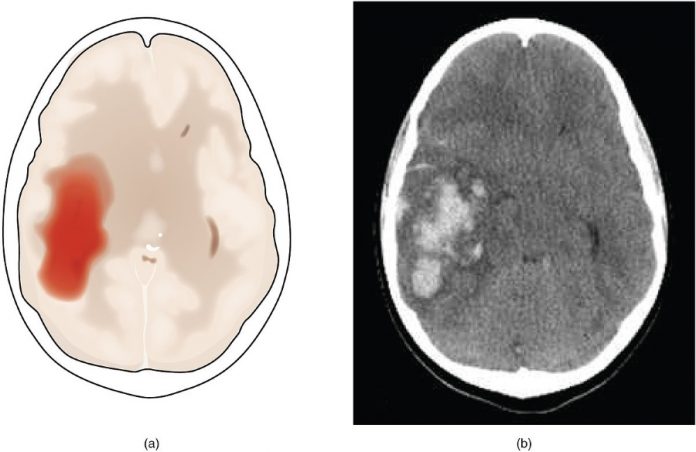Recently, Viz.ai, Inc., an artificial intelligence healthcare firm unveiled that the Food and Drug Administration had granted its Viz.ai platform regulatory approval. In fact, the FDA issued the company with a De Novo request for the first-of-its-kind computer-powered triage and notification platform to diagnose large vessel occlusion strokes through CTA imaging.
This approval marked the first product of its kind to be cleared by the US FDA. In January 2018, the platform received a European CE mark in recognition of its compliance with the European Union (EU) health, environmental and safety requirements.
According to Viz.ai’s CEO and neurosurgeon, Dr. Chris Mansi, the company’s LVO stroke platform is the first-ever applied artificial intelligence technology that aims at augmenting the diagnostic and treatment process of severely ill stroke patients. He expressed his excitement on behalf of the company for bringing AI to the healthcare sector in a manner that works seamlessly alongside doctors.
The company aids in getting the ideal patient to the right doctor at the perfect time, which is no mere feat.
Stroke is a time-sensitive and severe medical condition that warrants emergency care, as it can cause long-term disability, lasting brain damage and worst-case scenario, death. In fact, the condition takes place when the oxygen-rich blood flow to a particular section of the brain is curtailed. Therefore, when such a situation occurs, around two million cells in the brain die each minute.
According to Robert Ochs, Ph.D., Viz.ai’s software can benefit stroke patients by alerting specialists earlier to reduce the treatment time. In his statement, he added that faster treatment might minimize the progression or extent of a stroke. Robert Ochs works as the acting assistant director for radiological health at In Vitro Diagnostics and Radiological Health’s office based in FDA’s Center for Devices and Radiological Health.
The Viz.ai platform utilizes deep learning, which is a groundbreaking technique whereby algorithms learn how to spot patterns in the available data from millions of previous examples. In this case, the technology automatically analyzes blood vessel images in a bid to identify the suspected LVO stroke, which involves the blocking of the large blood vessel located in the brain or neck.
READ MORE – Top 10 Ways Artificial Intelligence is Impacting Healthcare
The beauty of this Viz.ai technology is that it links to a hospital CT scanner. It also warns a stroke specialist that a suspected large vessel occlusion (LVO) stoke has been spotted. What’s more, the system then relays all the radiological images directly to the specialist’s smartphone.
In a performance study involving 300 patients, the Viz.ai LVO stroke technology achieved an AUC of 0.91. It recognized LVO strokes and informed the ideal physician with 90 percent specificity and sensitivity.
In more than 95% of the cases, the automatic notifications showed faster notification of a physician, which saved between 6 and 206 minutes. A professor of neurosurgery, radiology, and neurology at Emory University, Dr. Raul Nogueira, said that the platform was developed to assist in identifying suitable patients earlier enough to allow the faster transfer and treatment LVO strokes, which leads to better patient outcomes.
Source DigitaHealth
